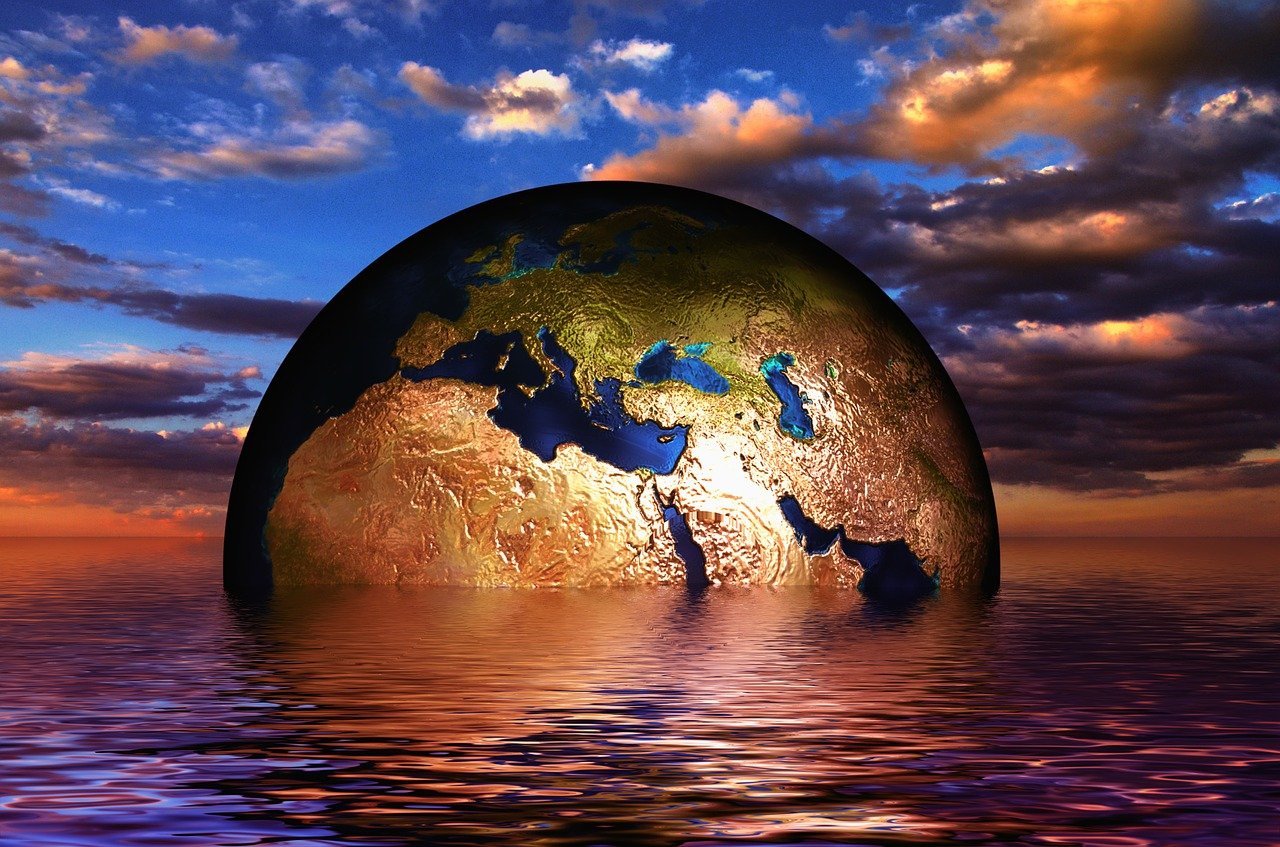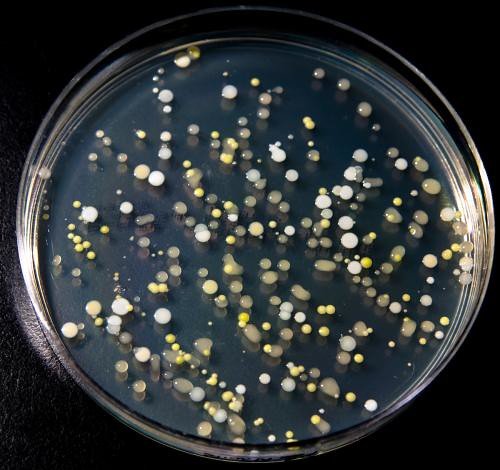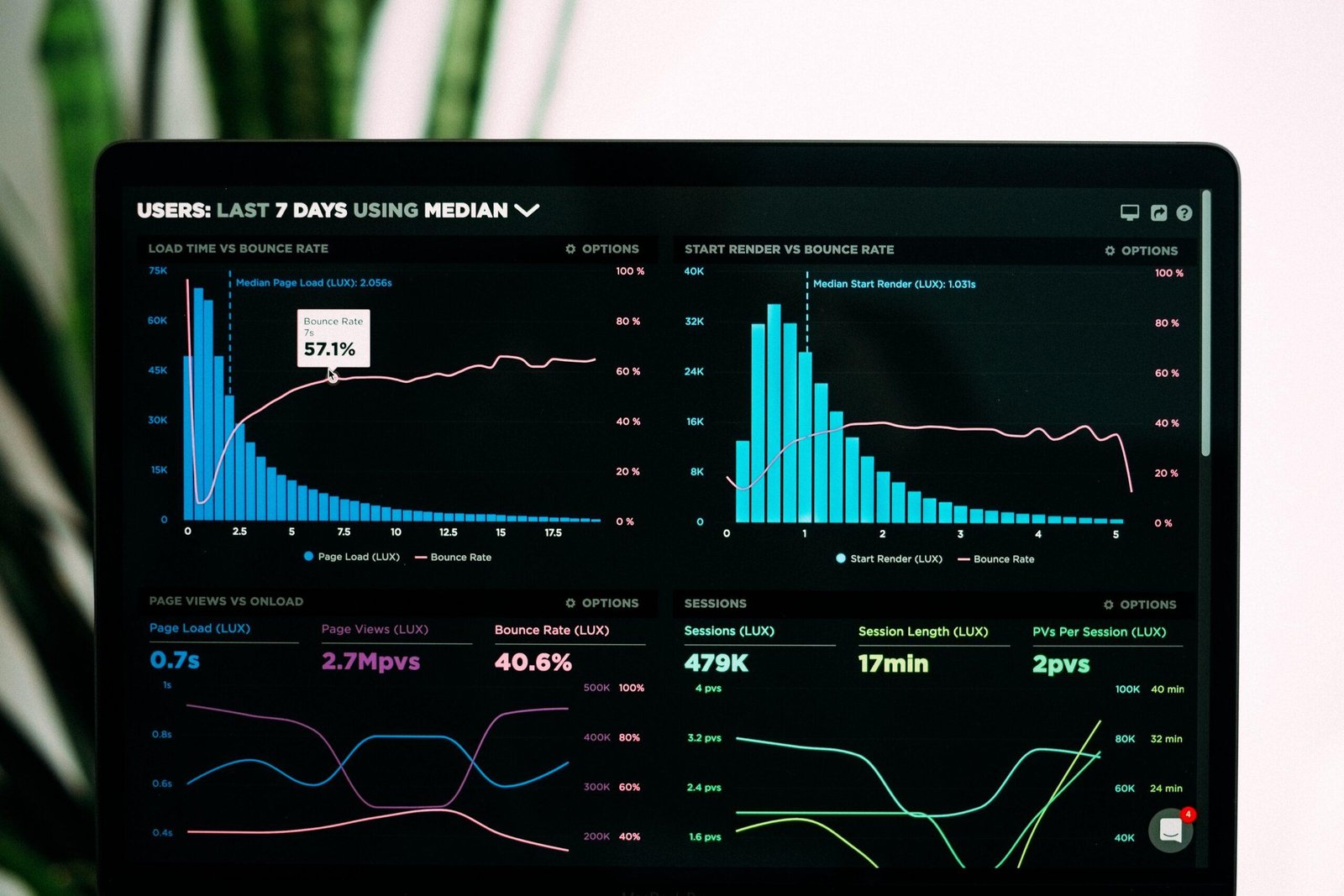Climate change is an issue that has been making headlines for years now, and it’s not just hype. The scientific consensus is clear: climate change is real, it’s happening, and it’s caused by human activity. In this article, we will explore why climate change is so important and what we can do about it. “Introduction to Modern Climate Change 3rd Edition”
The Impact of Climate Change
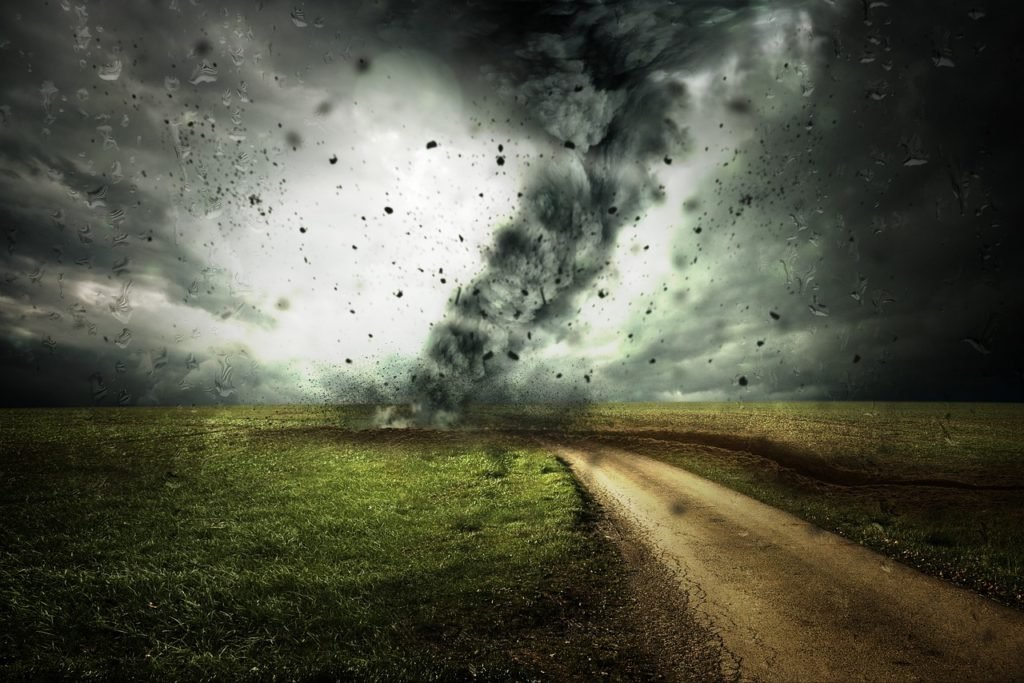
Climate change has a wide range of impacts, from rising sea levels to more frequent and severe weather events. These impacts have serious consequences for both the environment and human society. Let’s take a closer look at some of the most significant impacts of climate change.
- Rising Sea Levels
One of the most visible impacts of climate change is rising sea levels. As temperatures warm, glaciers and ice sheets melt, causing sea levels to rise. This can lead to flooding and erosion, which can be devastating for coastal communities. Rising sea levels can also contaminate freshwater sources and threaten ecosystems.
- More Frequent and Severe Weather Events
Climate change is also responsible for more frequent and severe weather events. Heat waves, droughts, floods, and storms are becoming more common, and they are having a profound impact on human society. These events can cause widespread damage to infrastructure, crops, and homes, leading to economic losses and displacement of people.
- Impacts on Ecosystems
Climate change is also having a significant impact on ecosystems around the world. As temperatures warm, species are struggling to adapt to new conditions. This can lead to extinction of species and loss of biodiversity. Changes in temperature and precipitation patterns are also affecting the timing of plant and animal life cycles, which can have cascading effects on entire ecosystems.
- Public Health Impacts
Climate change is also having a significant impact on public health. Rising temperatures can lead to increased air pollution, which can exacerbate respiratory illnesses. Climate change is also increasing the range and prevalence of vector-borne diseases such as malaria and dengue fever. Additionally, extreme weather events can cause injuries and illnesses, leading to increased healthcare costs and lost productivity.
Why We Need to Act Now
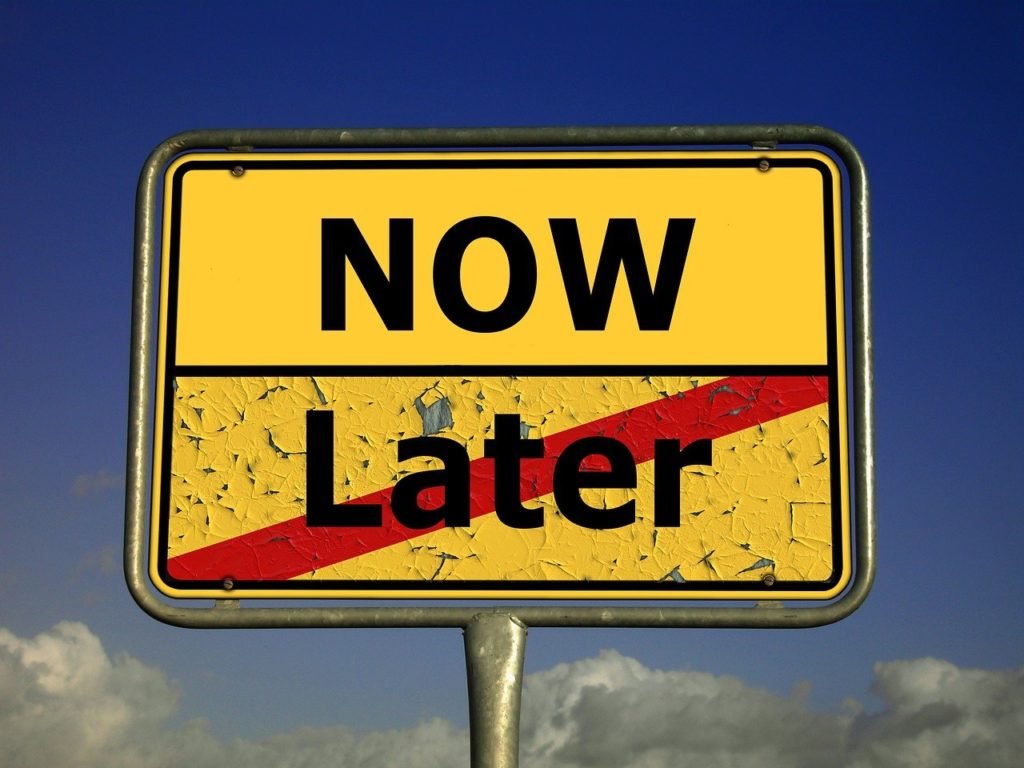
Given the serious impacts of climate change, it’s clear that we need to take action now to mitigate its effects. Here are a few reasons why we need to act:
- We’re Running Out of Time
Climate change is happening faster than many scientists predicted, and we’re running out of time to address it. The longer we wait to take action, the more difficult and expensive it will be to mitigate the effects of climate change.
- It’s a Global Issue
Climate change is a global issue that requires global cooperation. Every country and every individual has a role to play in addressing climate change. We need to work together to reduce greenhouse gas emissions and transition to cleaner sources of energy.
- It’s a Matter of Justice
Climate change disproportionately affects vulnerable populations, including low-income communities and people of color. It’s a matter of justice that we take action to address climate change and protect those who are most at risk.
What We Can Do About It
Fortunately, there are many things we can do to address climate change. Here are a few examples:
- Reduce Your Carbon Footprint
Reducing your carbon footprint is one of the most effective ways to address climate change. You can do this by driving less, using energy-efficient appliances, and eating a plant-based diet.
- Support Clean Energy
Supporting clean energy is another important step. You can do this by using renewable energy sources like solar or wind power, or by supporting policies that encourage the transition to clean energy.
- Advocate for Change
Advocating for change is also important. You can do this by contacting your elected representatives and urging them to take action on climate change. You can also join organizations that work to combat climate change, and participate in protests and other forms of activism.
It’s important to remember that climate change affects everyone, but it especially impacts marginalized communities, such as low-income communities and people of color. These communities often have fewer resources to adapt to the effects of climate change and are more vulnerable to its consequences. Therefore, it’s crucial to advocate for policies that address these inequities and prioritize the needs of these communities.
In addition to advocating for change on a governmental level, there are also individual actions we can take to reduce our carbon footprint and mitigate the effects of climate change. This includes things like reducing energy consumption, recycling and reducing waste, using public transportation or carpooling, and eating a more plant-based diet. While these actions may seem small, they can add up and make a significant impact in reducing our overall greenhouse gas emissions.
Conclusion
In conclusion, climate change is one of the most pressing issues facing our world today. Its impacts are far-reaching and can be felt in every corner of the globe. While the problem may seem overwhelming, there are actions we can take both individually and collectively to mitigate its effects and work towards a more sustainable future.
It’s important that we educate ourselves and others about the science of climate change and its consequences, advocate for policies that address the issue, and take individual actions to reduce our carbon footprint. By working together, we can make a difference and ensure a better future for generations to come.

